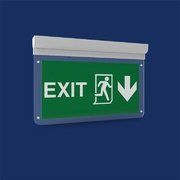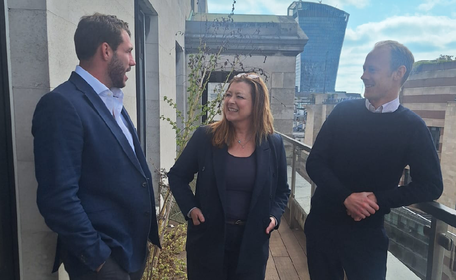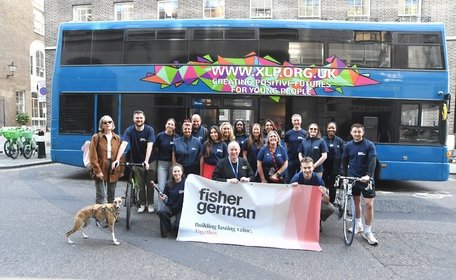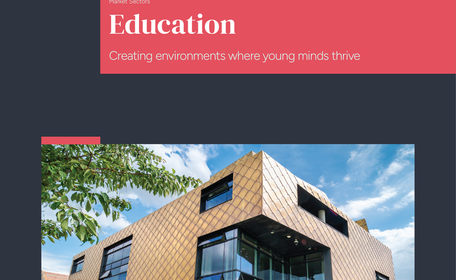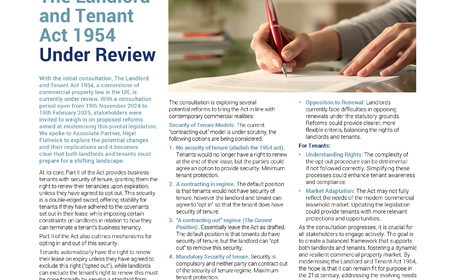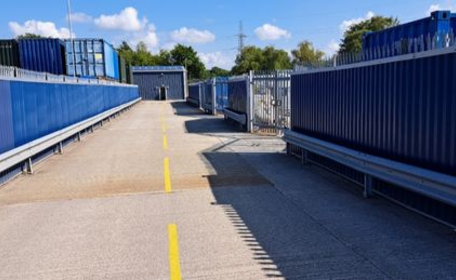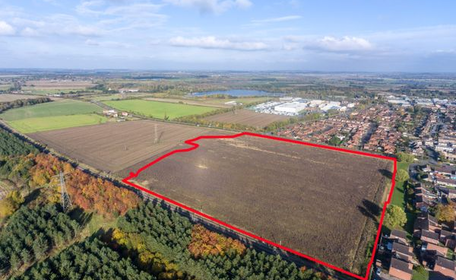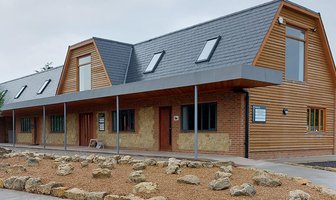There are three types of enfranchisement.
1. You can extend your lease by a statutory 90 years (see 'The Law' section below) if you meet certain qualifying criteria:
- Qualifying leases which were granted for an original term of 21 years or more
- You must have owned the lease for two years (unless a Section 42 Notice is served by an existing leaseholder as part of a property transaction, transferring the rights)
2. If you own a flat in a building you can compel the freeholder to sell you the freehold title (a process known as Collective Enfranchisement) if you meet the following criteria:
- The building is 75% or more in residential use
- 50% of qualifying lessees must be willing to participate (ie in a block of four flats, a minimum of two lessees must wish to purchase the freehold)
- You must not own more than two qualifying leases in the block
- Qualifying leases must have been granted for an original term of 21 years or more
Note: If you live in a block of flats, exploring enfranchisement rather than a lease extension is worth considering because working as a group can reduce fees on a pro-rata basis. At Fisher German, we are happy to meet all interested parties.
3. If you own a leasehold house you can compel the freeholder to sell you the title (please see 'Benefits of Enfranchisement section below) if the following criteria are met:
- The building must be deemed a house - sometimes a more complicated debate than one may think
- Qualifying leases must have been granted for an original term of 21 years or more
- You must have owned the lease for at least two years
However, the freeholder might resist any enfranchisement requests which is where our team of Leasehold Enfranchisement specialists, with their proven track record, can help.
If enfranchisement is not a process you are familiar with, or you would like to learn more about it, talk to us.
We will work closely with your legal advisors to help you:
- Understand both the process and the benefits of lease enfranchisement
- Value your property and provide you with a report on the premium payable for an extension
- Provide your legal team with the data they will need to support the initiation of the process (ie serve the Section 42 Notice* if you intend to extend the lease on your property, or Section 13 Notice* if you intend to purchase the freehold)
- Respond to your landlord’s requests. The freeholder has two months to respond with a counter-notice
- Negotiate favourable terms: there is a six-month negotiating period between the leaseholder’s and freeholder’s representatives
- Reach an agreement – even if an application has to be made to the First Tier Tribunal
If you would like to learn more about Leasehold Enfranchisement or, you would like to start the process, please call Robert Haigh or email him using the online enquiry form.
The Leasehold Enfranchisement team works closely with other specialists drawn from across the firm to ensure that clients benefit from integrated and holistic property advice – one team, one plan, one goal.
The Leasehold Reform Act, Housing and Urban Development Act 1993 allows leasehold tenants to buy the freehold and any intermediate leasehold interest (for example the head lease), without the landlord’s agreement. Subsequent amendments to the Act complicated price calculations however, the Commonhold and Leasehold Reform Act 2002, granted leaseholders extra rights and helped increase the viability of leaseholders’ asset owning strategies.
The process leads to an extension of your lease:
- Short leases (under 80 years) are more problematical to sell – as they can be more difficult to mortgage/remortgage
- Your property is no longer a depreciating asset: the value of an asset diminishes as the length of the lease reduces. When the lease runs out, it is almost worthless
- The opportunity to manage your block (i.e. exercising your Right to Manage) allows you, as part of the Collective Enfranchisement, to control the quality of the management of the block, as well as the contractors appointed to service it. You will assume financial control of all property related expenses and the Service Charge
- Freeholders do not pay ground rent
In addition, ownership of the freehold of the property increases the value of your apartment as prospective purchasers prefer owning freehold properties. It is worth noting that the value of a freehold does not erode with time – your estate/inheritors are protected.
You have two options:
- Formal/Legal
- Protects the Leaseholder’s interests - if no price agreement is secured, the final decision will be determined by an independent Tribunal
- A strict timescale and procedure have to be adhered to
- There will be no Ground Rent included in the new lease (or at least a peppercorn rent will be imposed)
- Informal
- Approach the Freeholder directly - but there is no obligation for him/her to respond to, or agree to an extension of the lease
- If he/she does agree, both parties will have to negotiate terms
- It’s worth starting this process – it could save time and money
- If negotiations fail and agreement on price or terms cannot be reached, the legal option for the Leaseholder, via a Tribunal
Always seek advice from a qualified property professional at the outset
You will incur professional fees (eg your lawyer and surveyor) which will be determined by the complexity of the process. The latter will be determined by factors such as:
- Length of lease
- Location and size of the property
- Ground rents contained within the Lease
- Are there intermediate leasehold interests
- Case law/previous lease settlements
You will also be liable for the freeholder’s reasonable professional fees.
Note: do obtain an estimate of the total costs you will incur before you start the process
There are a number of benefits of ‘Collective Enfranchisement’ but the principal ones are:
- The cost of the enfranchisement could be shared – proving less expensive than pursuing this course of action on your own
- As joint freeholders, you will have greater control on the costs of managing the building, as well as the quality of the contractors appointed to clean, fix and manage your ‘asset’
- You will all have a share of the freehold
However, being a co-freeholder could entail more work (managing the property) and does require a degree of consensus amongst all freeholders, on all property related issues.
If your lease had over 21 years to expiry when you originally entered into it and you have owned your flat/house for at least two years, you will be considered a ‘qualifying tenant’.
However, there may be restrictions which could prevent you from extending your lease eg the freeholder is the Crown, or the National Trust, or your property is part of a building within a cathedral precinct. Shared ownership leases which are ‘staircased’ to 100% (ie you own your property outright and do not need to pay rent to the housing association) are also exempt.
Note: you do not have to have lived in the flat for two years, just owned it for that period.
If you decide to extend your lease:
- Formally/legally
- The new lease will be on the same terms as the existing one
- Any agreed exceptions will be protected by law
- Informally
- Your protection is limited as you will be acting outside the provisions of the Landlord and Tenant Act 1954
- If negotiations fail and agreement on price or terms cannot be reached, the legal option for the leaseholder, via a Tribunal
Always seek advice from a qualified property professional at the outset
Once the Section 42 Notice has been served:
- The freeholder has to respond within two months
- And the negotiation period (with the landlord) has to be completed within six months
The clock stops ticking on the lease (ie it does not get any shorter) from the date the Notice has been served on the Freeholder.
No. Once the Section 42 Notice has been served, the rights of the Lease Extension can be assigned to the purchaser.
This has two benefits:
- The new leaseholder does not have to wait for two years before he/she qualifies (to extend the lease)
- This prevents the new purchaser having to pay a higher premium for a property with a short lease
You can, with the freeholder’s consent, extend your lease informally for as many years as you can negotiate.
However, current legislation stipulates that the limit is 90-years.





